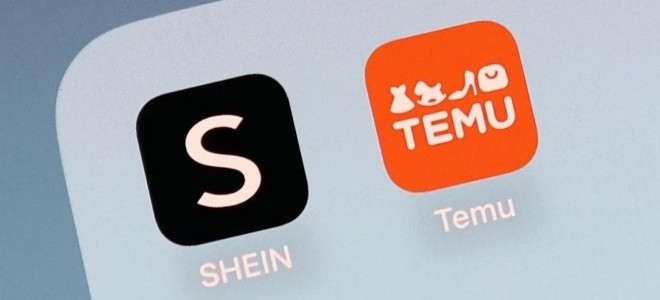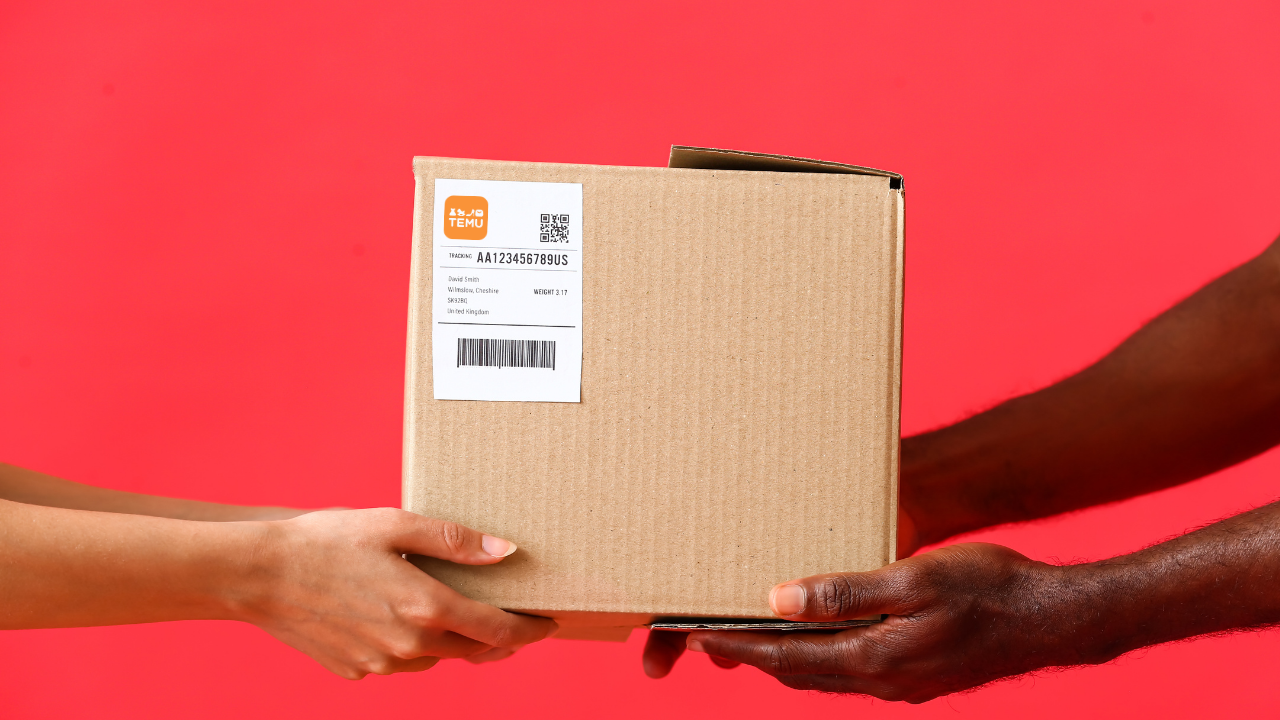
U.S. Import Tariffs Surge as De Minimis Loophole Closes, Raising Costs for Overseas Purchases
For those who frequently shop at overseas online stores like Shein, AliExpress, or Temu, a major shift has occurred that could affect your future purchases. What was once a way for consumers to avoid higher tariffs on cheaper goods is now being phased out due to the closure of a loophole in the U.S. import system. Thanks to an executive order from President Trump, the de minimis exemption—a rule that allowed goods valued at less than $800 to be imported duty-free—has come to an end. This change is set to drastically increase the costs of items bought from foreign shops, particularly those based in China.
Under the now-closed de minimis exemption, individuals could purchase goods from overseas without incurring tariffs, provided the items were valued under $800. This gave consumers a loophole to sidestep the impact of tariffs on products caught up in trade disputes, while still being taxed on higher-cost consumer electronics or appliances. However, on April 2, this exemption was closed for items imported from China, following an executive order from the Trump administration. As a result, the tariff rate on those goods has skyrocketed to 30 percent.
More recently, an amendment to the order filed in early April has resulted in a dramatic escalation. The tariff on Chinese imports now stands at a staggering 90 percent—up from the previously set 30 percent. This rise aligns with Trump’s broader tariffs on Chinese goods, which hit 104 percent earlier in the month, and the president’s latest move on April 9, increasing the tariff to 125 percent while reducing tariffs on goods from other countries to 10 percent.
Additionally, the U.S. customs system is also preparing to charge a per-item tariff for each postal shipment. From May 2 to June 1, this fee will increase from $25 to $75 per item, with a planned hike to $150 per item after June 1. These new duties will apply to purchases from a wide range of overseas sellers—particularly those based in China, such as Temu, Shein, and AliExpress, as well as any other goods shipped from China via platforms like Amazon.
The key takeaway: the price tag for goods imported from China is set to rise substantially. As of now, U.S. Customs may apply either the 90 percent tariff or charge $75 per item, depending on the shipment. While the exact cost of importing inexpensive items like fashion or electronics remains unclear, one thing is certain: cheap goods from China may no longer be as affordable as they once were.




